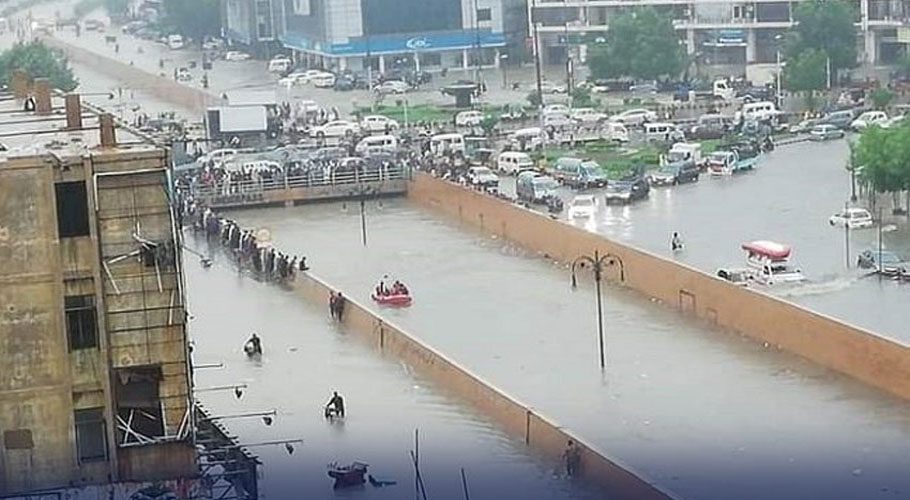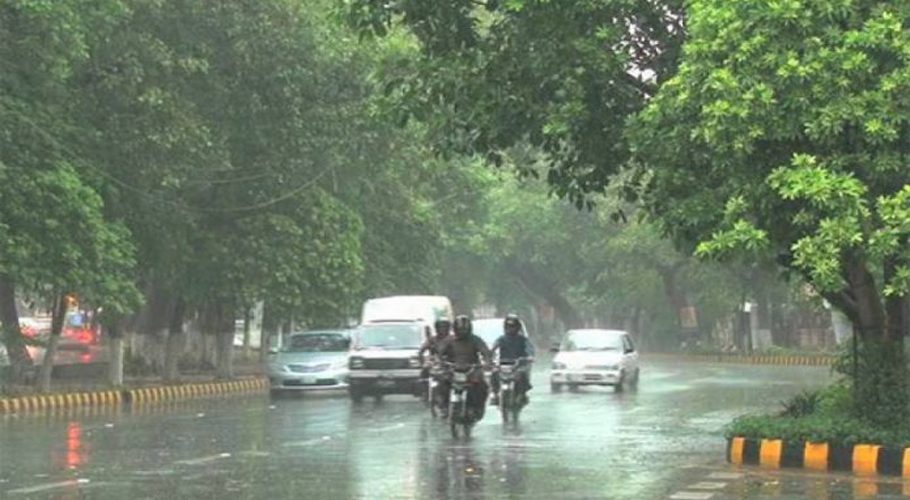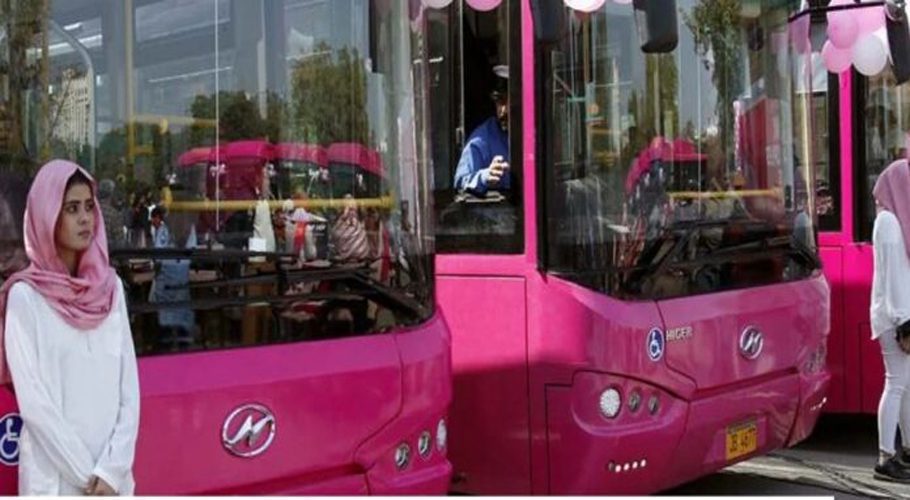![]() Follow Us on Google News
Follow Us on Google News
Following the devastating attack in Karachi on Friday, the Sindh Police has established a committee to inquire into the incident and supervise the investigation of the case. This was a serious security lapse, especially following the attack in Peshawar; and the Interior Minister’s statement expressing surprise that militants have expanded their network into urban centres does not inspire a lot of confidence, and only illustrates how the state is lagging behind in this war against the TTP. Like in Peshawar, the terrorists used police uniforms to enter the highly secured zone.
The attack at Karachi Police Office (KPO) came as a jolt and highlighted how vulnerable urban centres are. The investigation committee will be led by senior security officials and it is imperative that substantial findings and recommendations come out of this probe, as the state finds itself in a race against time to preempt the next move of the militants.
The two of three attackers killed in the operation of the security forces have been identified wihle the record of third one is not being traced. The reports say there was no record of the third dead terrorist with NADRA neither he was foreigner.
The situation which led to this attack, and the one in Peshawar a few weeks ago, did not develop overnight. So, there must be accountability for the poor decision-making that led us to this point. There is no doubt that we are reaping the consequences of permitting large numbers of militants to return to Pakistan.
There is a serious need for stocktaking to identify the security and intelligence lapses that led to the incident. At the same time, the civilian and military leadership need to come up with a realistic counterterrorism policy. The fact that the multi-party conference on terrorism has been postponed twice only highlights the lack of importance leaders attach to such existential issues. Strong leadership, currently in short supply, will be needed if we are to tackle this menace.



















